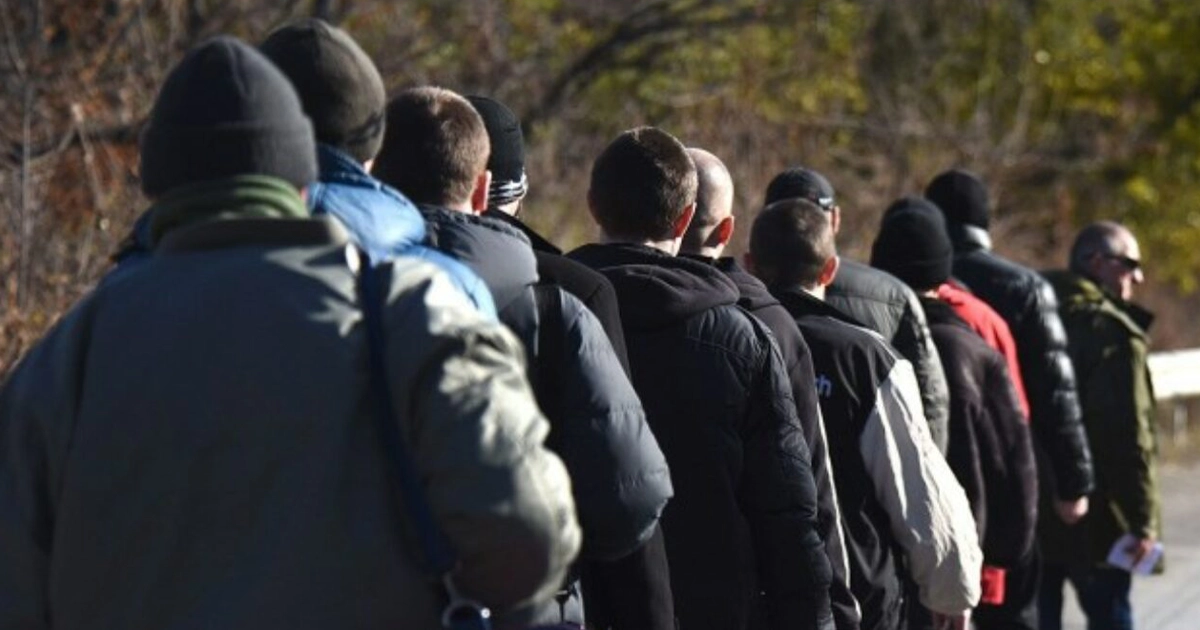According to a sociological survey conducted by the Rating Group on February 22-24, 16% of Ukrainians have among their acquaintances or friends people who were or are still in civilian captivity in the temporarily occupied territories or in Russia. At the same time, 83% of respondents do not know such people.
Source: ratinggroup.ua
Among internally displaced persons, this figure is higher – 25% of respondents know people who were illegally detained by the occupiers.
Awareness of the problem
The survey also showed that 27% of respondents are well aware of cases of illegal detention of civilians in the occupied territories and in Russia. Another 51% have heard something about it, while 22% have no information at all.
Who should decide on the release of prisoners?
The vast majority of respondents (88%) believe that the issue of releasing civilian hostages should be decided by the Ukrainian authorities. At the same time, 37% of respondents pin their hopes on foreign organizations, 27% believe in the help of charities and volunteers, 21% believe that it is the responsibility of the families and relatives of the prisoners, and 19% rely on local authorities.
Respondents who are personally acquainted with prisoners of war are more likely to note the important role of international organizations in this process.
Awareness of organizations involved in the release process
Only 14% of Ukrainians are aware of civil society organizations that deal with the issue of returning civilian hostages, while 79% are not aware of their activities. People who know former prisoners among their acquaintances (23%) and young people (19%) are the most informed.
The most frequently mentioned organizations involved in the release of prisoners of war are:
- The International Committee of the Red Cross – 32%.
- The “Come Back Alive” Foundation – 21%.
- Ukrainian Parliamentary Commissioner for Human Rights – 7%
- THE UNITED NATIONS – 5%.
- The Main Intelligence Directorate of the Ministry of Defense of
- Ukraine (GUR) – 4%
- Volodymyr Zolkin Foundation – 3%
- White Angels – 3%.
In total, 43 different civil society organizations were mentioned in the respondents’ answers.
Research methodology
The survey was conducted by telephone interviews (CATI) among 1,000 respondents aged 18 and older in the regions controlled by Ukraine where mobile communication is available. The data are weighted according to the latest statistics. The sampling error does not exceed 3.1% with a confidence level of 95%.
